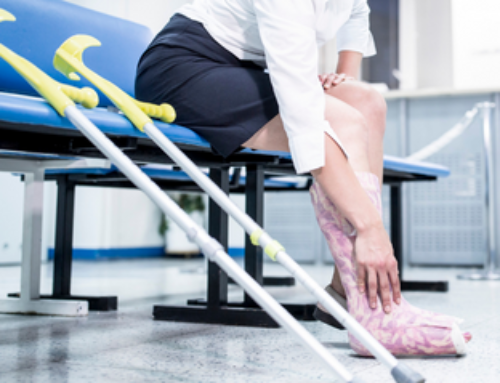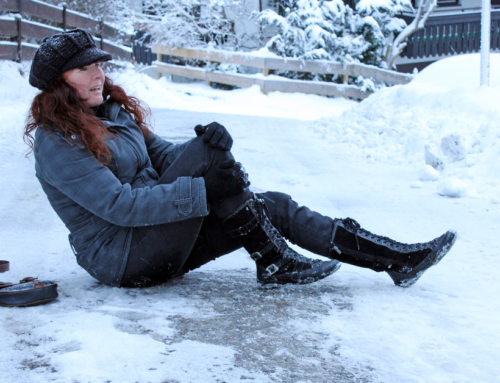Deciding to grit isn’t as simple as it seems. Lots of factors come into play that isn’t overly controllable by people – mainly the weather! However, there are some guidelines around who is responsible for gritting, where they need to grit, and when this should be done. So if you’ve fallen over and been injured during the bad weather, this handy guide will help you to follow up with the appropriate and responsible party.
Who is Responsible for Gritting and Where?
Owners or occupiers of private land have a legal liability to ensure safe access for staff and visitors. So ensuring your private land is suitably protected and gritted for expected visitors and any staff members is a must. If you adjoin shared or communal areas and serviced roads, such as business parks, check who has responsibility and what measures are taken in winter conditions by the managing agent. Every organisation must be able to demonstrate that they have done everything reasonably possible to meet that duty of care expected of them.
Can I make a claim if I slip and injure myself on un-gritted ground?
People walking on snow and ice do have a responsibility to be careful themselves. However, there is no law against people clearing pavements or public spaces. Ministers have repeatedly welcomed “public-spiritedness” and said “common sense” and “benefit of the doubt” should always prevail when considering litigation. A court would have to deem the landowner or snow clearer as having been “wholly incompetent or irresponsible” for you to successfully sue them for injury.
Government guidance on clearing snow
You can clear snow and ice from pavements yourself. It’s unlikely that you’ll be sued or held responsible if someone is injured on a path or pavement if you’ve cleared it carefully. How to clear snow and ice:
- do it early in the day – it’s easier to move fresh, loose snow
- don’t use water – it might refreeze and turn to black ice
- use salt if possible – it will melt the ice or snow and stop it from refreezing overnight (but don’t use the salt from salting bins as this is used to keep roads clear)
- you can use ash and sand if you don’t have enough salt – it will provide grip underfoot
- pay extra attention when clearing steps and steep pathways – using more salt may help
Contact Us
For more information on our personal injury services, and making a claim after a fall, please get in touch. Speak to our experts on 01782 662424 or email us at info@beestonshenton.co.uk




